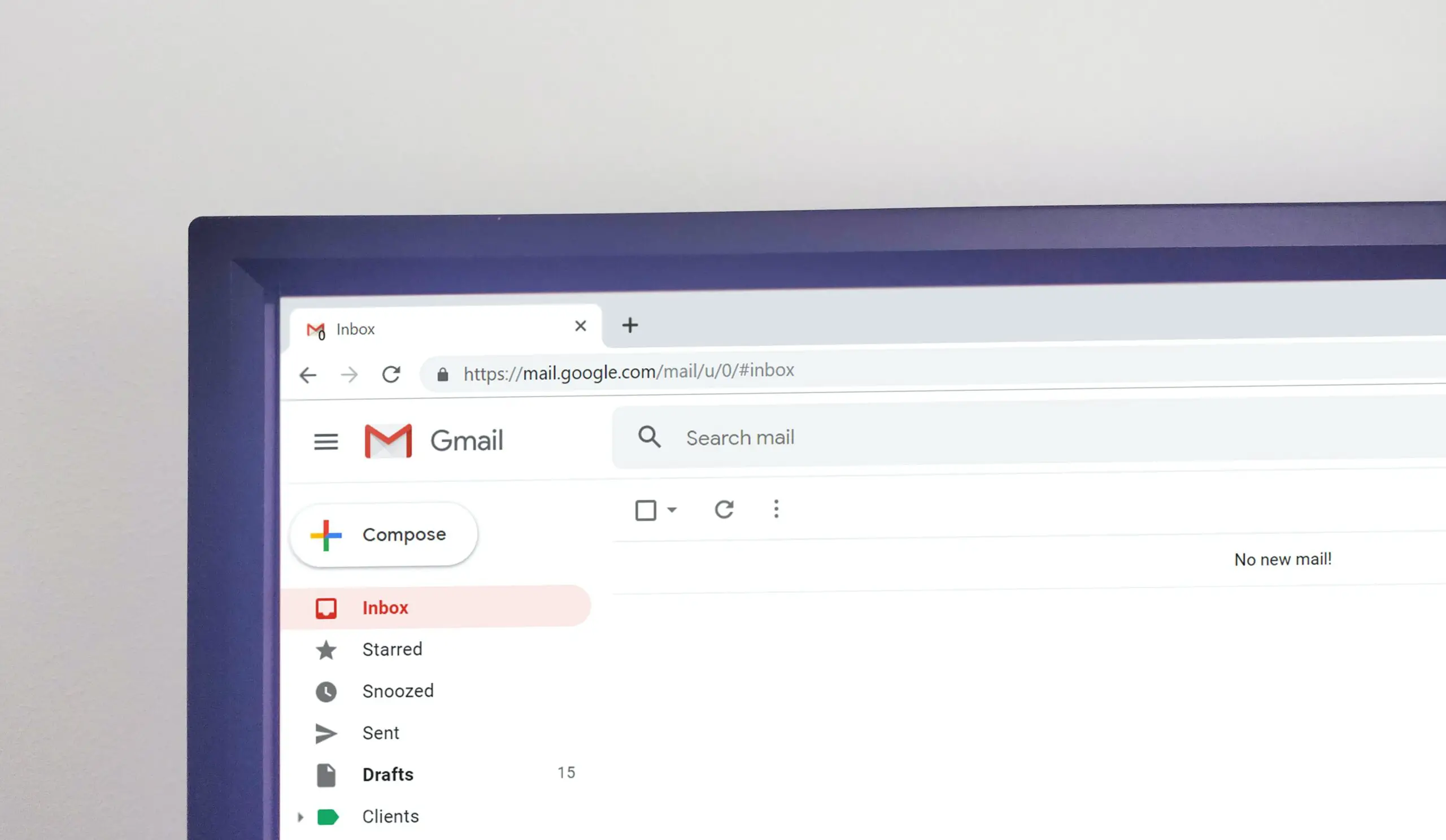Are you doing business in Israel? Do you need to correspond over email with Israeli colleagues, business associates, or clients?
Like every country, Israel has its own unique business culture and communication style. So before you start drafting that business email in Hebrew, you should familiarize yourself with the way things are done in Israel.
Below is a guide to Israeli business email correspondence. We’ll go over the common phrases, vocabulary, and structure typically found in various business-related email exchanges with Israelis. I’ll also include some helpful points and pitfalls to be aware of.
***After reading the post, be sure to also check out our currated list of Hebrew Words for Business Negotiations and Communication.
Opening Your Email
Before we get started, one thing to keep in mind is that Israelis are generally less formal in their interactions with others. On top of this they will often use direct language and a communication style that cuts straight to the point.
For instance, if you need to send a business email to an unknown recipient you may search for the Hebrew equivalent of “To Whom It May Concern,” which technically is: “לכל מאן דבעי.” This phrase, however, is extremely formal and should only be used in limited situations that call for a high level of business formality.
Most of the time, you can rely on more casual phrases such as:
למי שזה נוגע לגביו
To Whom it May Concern
לכל המעוניין בדבר
To anyone interested in the matter
If the recipient is known, then there is a range of openings to choose from. The correct choice is based on the type of connection or relationship you have with the recipient.
In a formal situation or with an initial email you may want to use:
___ לכבוד מר/גב‘ב
Dear Mr./Mrs. ___
If you have already spoken to the recipient, then you could use:
שלום, שם האדם
Greetings/Hi, [The person’s name]
Alternatively, you could just write: היי (Hi) orשלום (Hello or Greetings) and even, שלום וברכה (Greetings and Blessings) without adding the person’s name. These openers are particularly useful when you are often exchanging emails with the recipient. If you are in the middle of an exchange, you can just leave out the greeting altogether and go straight to the text of the message itself.
The Body of the Email
Now that we’ve gotten past the opening, here are some helpful phrases to use within the body of the email:
בתגובה לבקשתך: In response to your request
מצ”ב/ מצורף בזה: Enclosed
כתובת אימייל: Email address
שלחתי אימייל/ דוא”ל: I sent an email
בדקתי את האימיילים שלי: I checked my emails
קיבלתי אימייל/ דוא”ל: I got an email
עניתי לאימייל: I replied to an email
מחקתי אימייל: I deleted an email
העברתי אימייל: I forwarded an email
תודה על המייל ששלחת: Thank you for your email.
האם תוכלי לשלוח לי זאת: Could you send it to me?
צירפתי את זה: I have attached it.
מקווה לשמוע ממך בקרוב: I hope to hear from you soon.
Closing Your Business Email in Hebrew
It is customary to use closing phrases when ending your email. Some commonly used phrases in Hebrew include:
בברכה, which literally means “with blessing,” but is the equivalent of “Sincerely,” “Regards,” or “Best Wishes.”
כל טוב, which generally is used when ending a relationship. In other words, this interaction or communication is coming to an end and you’re not sure whether it will resume.
If someone helped you with something, than תודה רבה, which means “thank you very much,” can be used.
In some instances, בכבוד רב, which means “with a lot of honor/respect” followed by your name, can be used to end the email.
Lastly, you can use נ”ב which is short for נכתב בצד in Hebrew if you want to add a “P.S.”
Now you are ready to write your business email in Hebrew like a pro…





